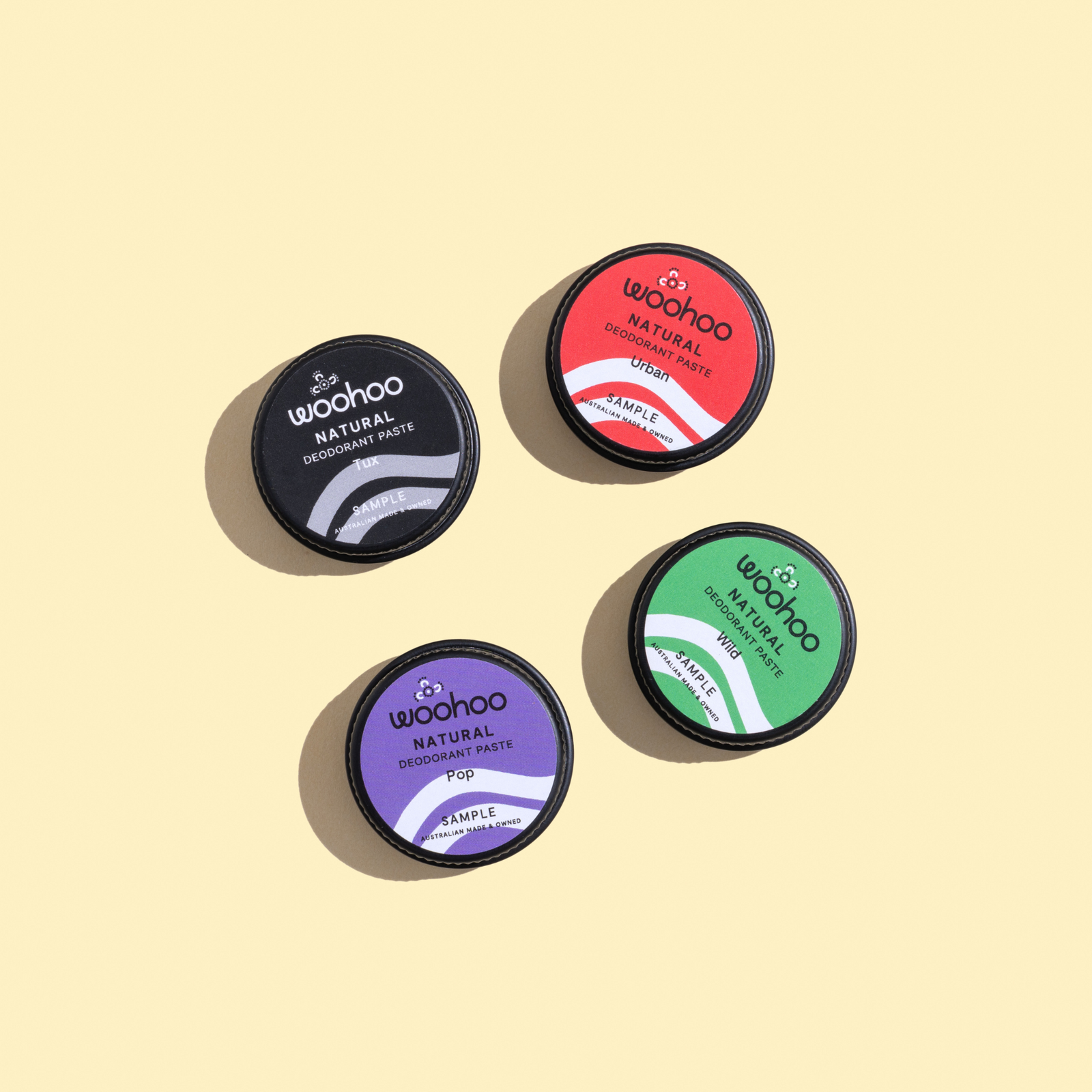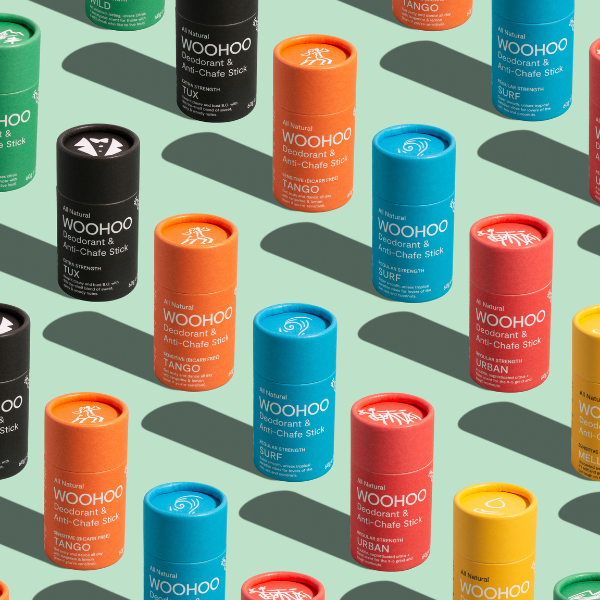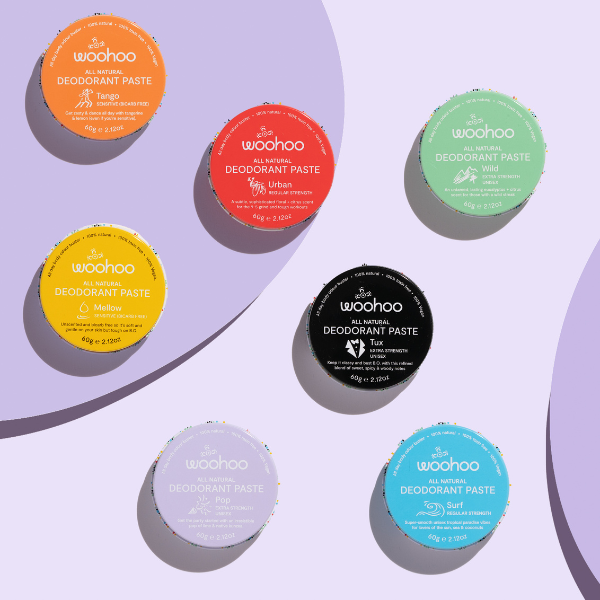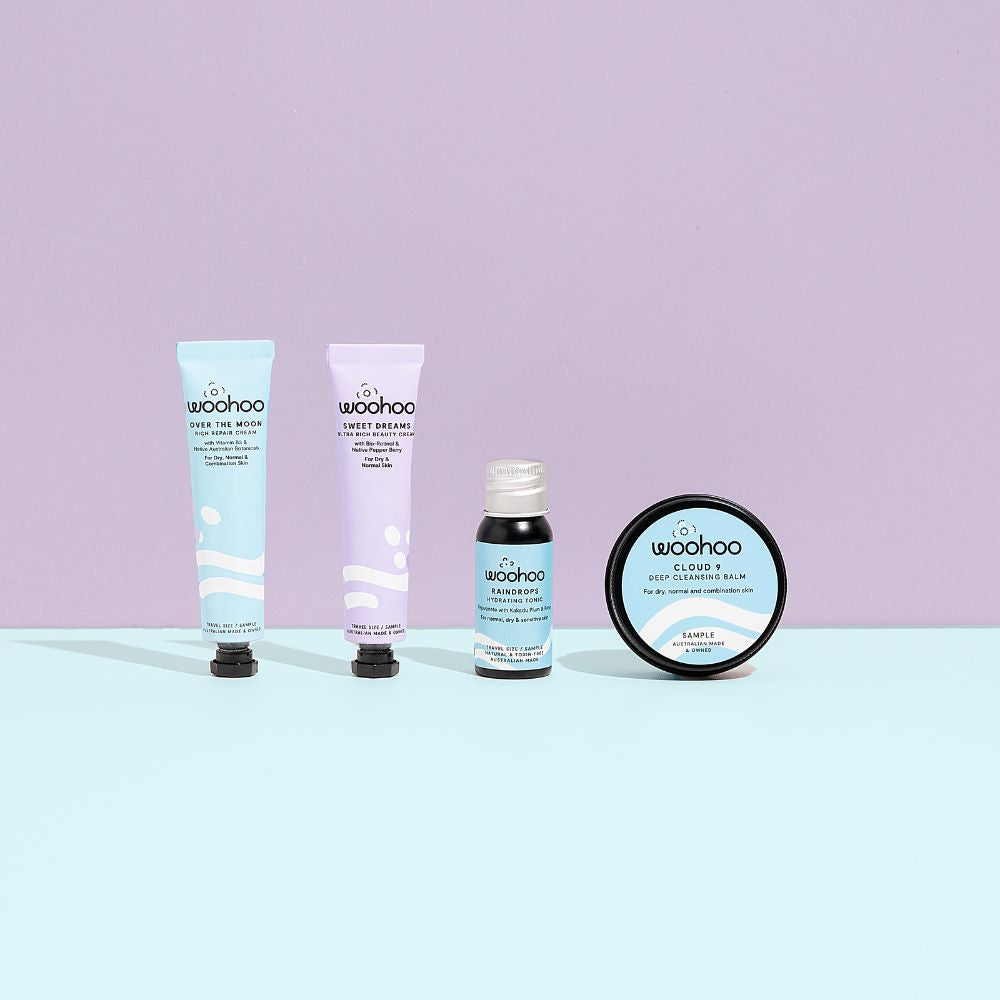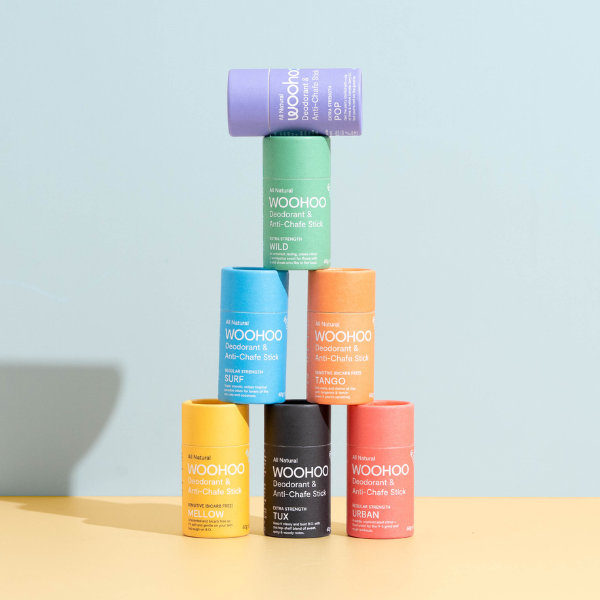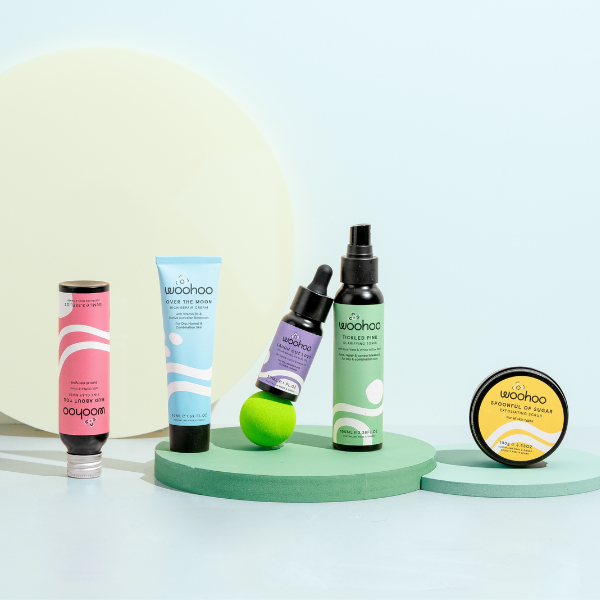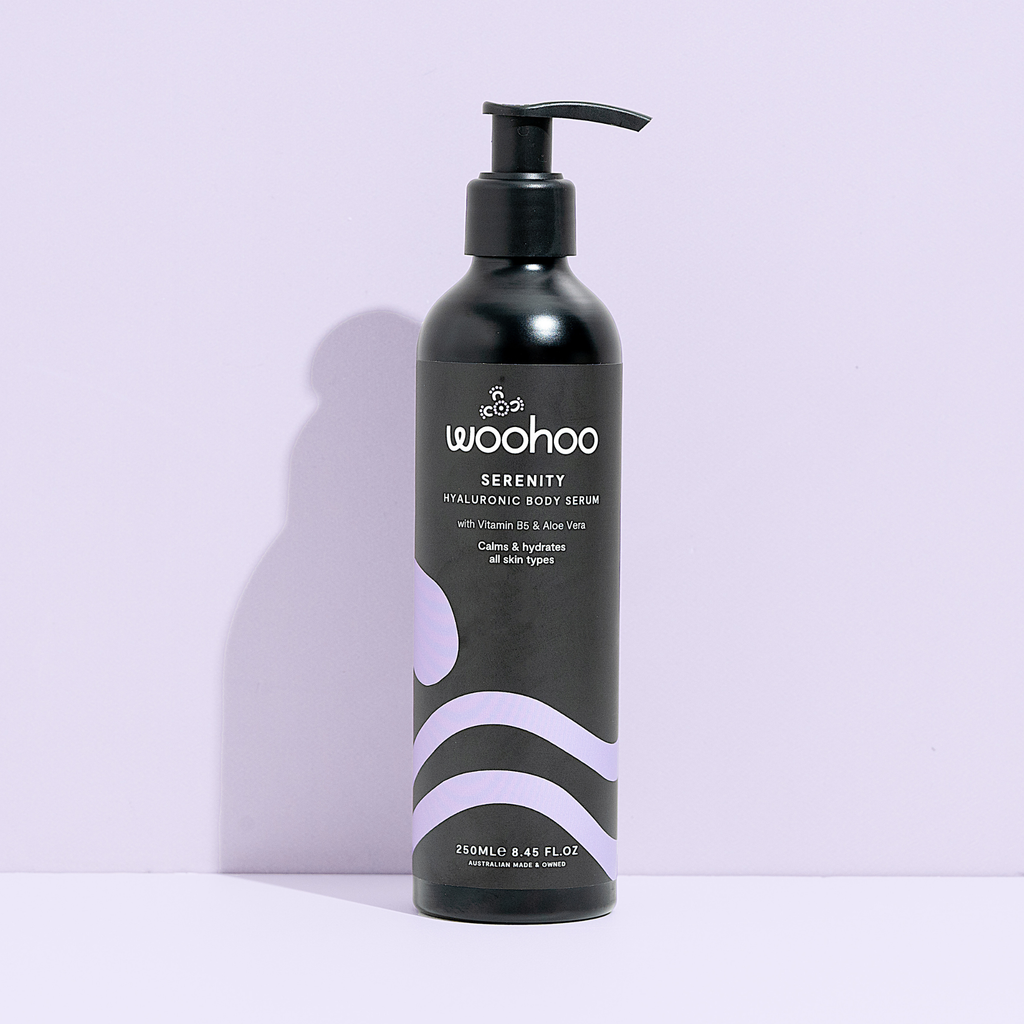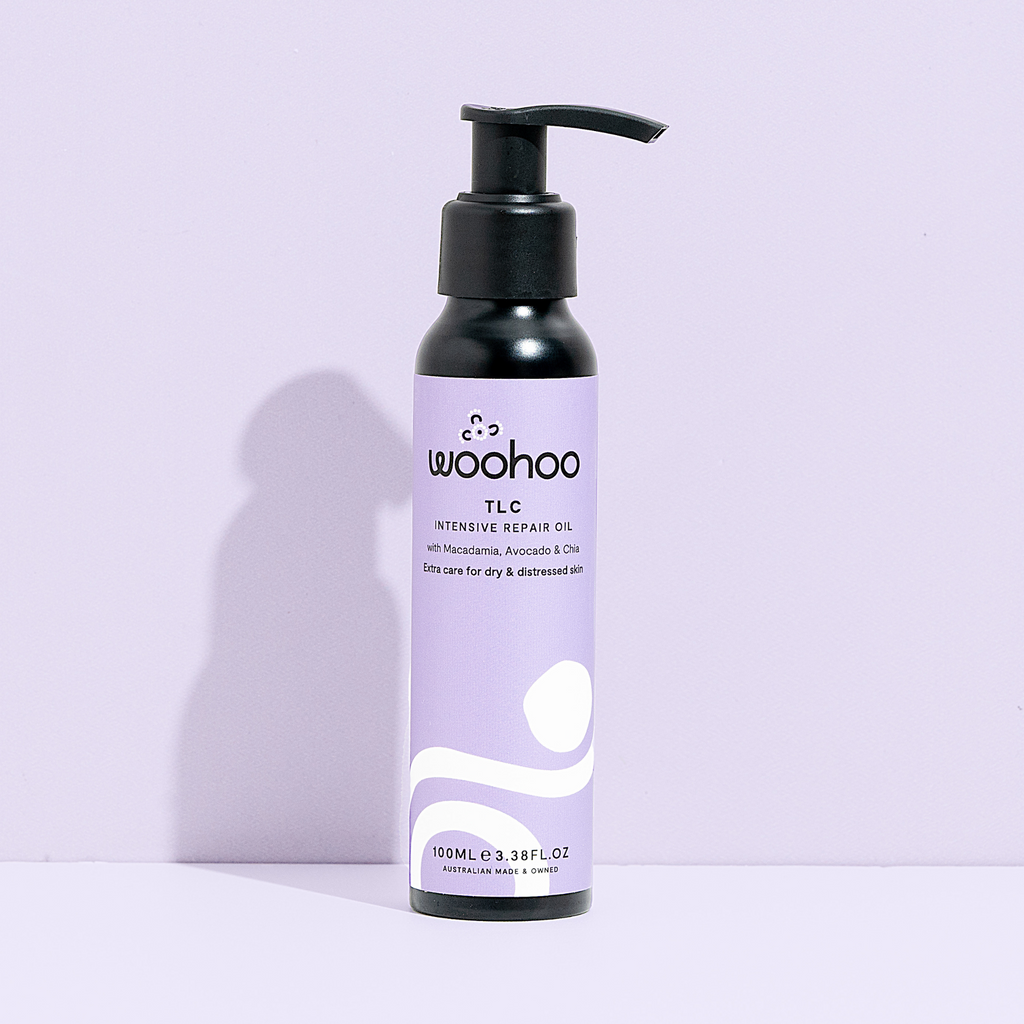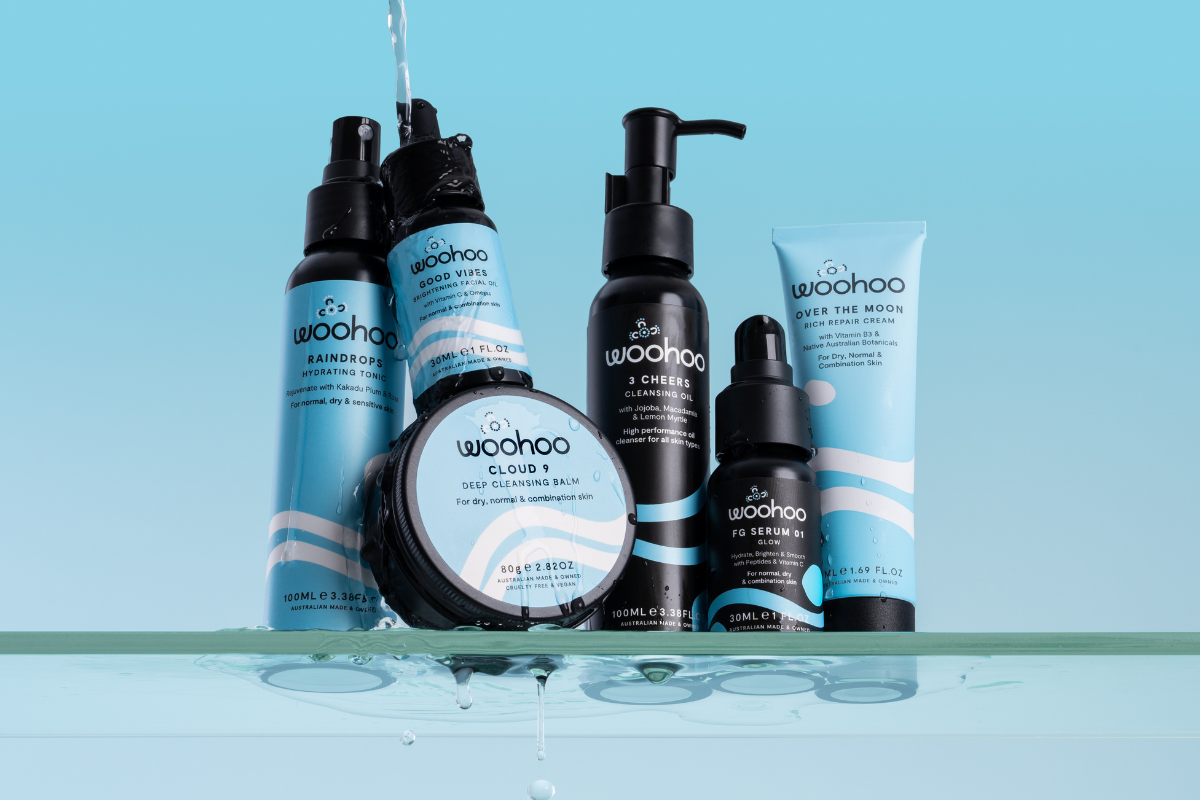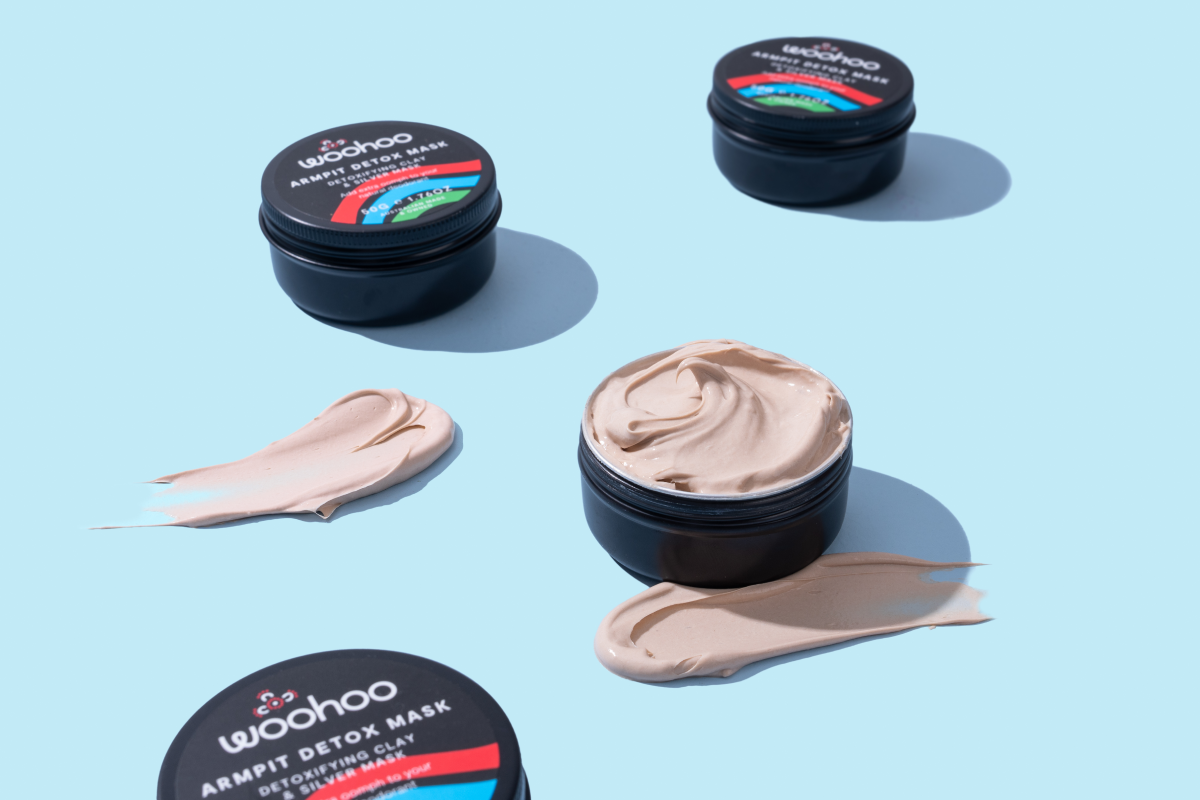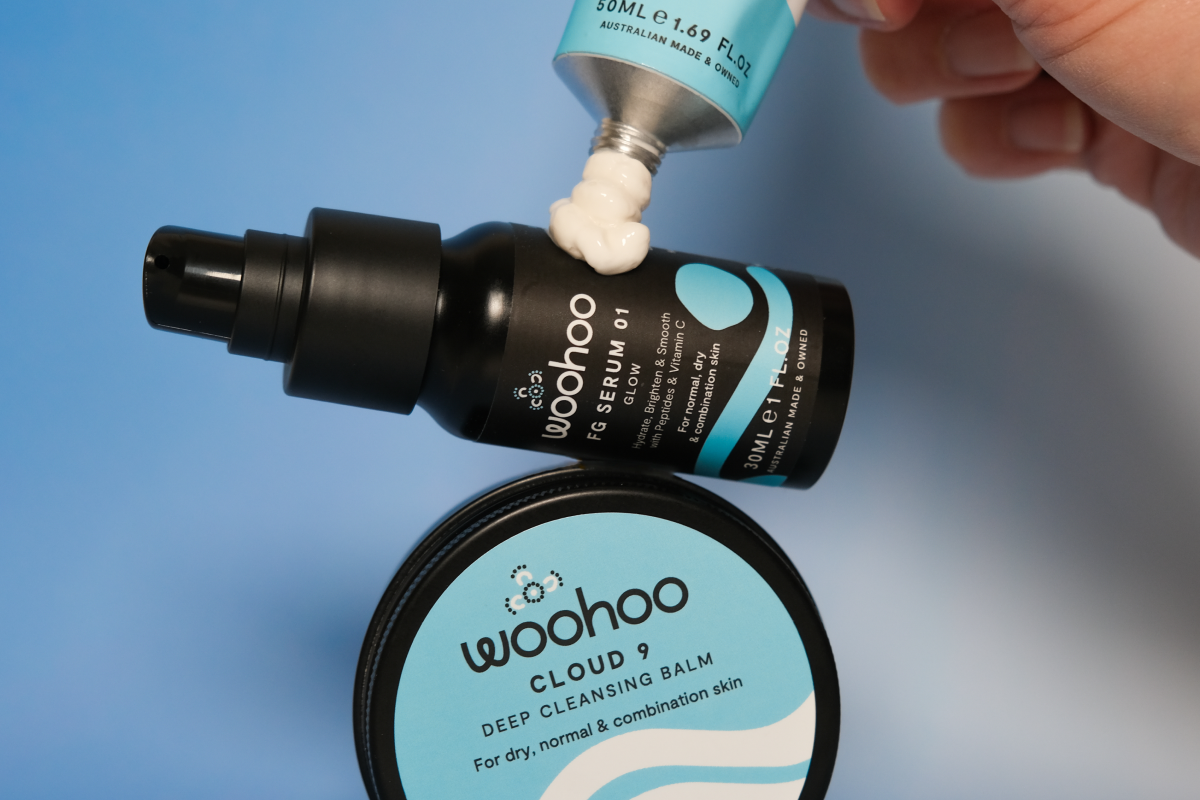
Recently we’ve been having a lot of chats with people who are experiencing irritated and sensitive skin, even though they’ve never had sensitive skin before. It’s something new that has started, and they’re puzzling over the old “Do I have sensitive skin?” question.
When you’re well and truly into your adult years and something like this pops up, a bit of a “What the!?” is well and truly warranted. But we might have some answers for you 😉.
The term “sensitive skin” is mostly used incorrectly in the skin care industry. That’s because sensitive skin is a type of skin you get from your genes. Thanks Mum and Dad!
If you have true sensitive skin, you’re born with it, and if your skin doesn’t have much pigment then you’re more likely to suffer sensitive skin symptoms. Yep - I’m looking at all my red haired, freckled skin brothers and sisters.
A much more common skin condition is actually called “sensitised” or “reactive” skin which is what most us are suffering when we get a dreaded irritation.
Sensitive skin is easily confused with sensitised skin as they both show the same symptoms. Redness, hot, itchy, stinging, peeling, dryness and swelling.
How does your skin become sensitised?
Your skin becomes sensitised when something external disrupts your skin's barrier. These are things like medication, pollution, clothing or bedding fabric, temperature changes, hormones, poor diet, stress and skincare products.
It’s important to note that when it comes to skincare products, *any* ingredient (natural or synthetic) at *any* time can trigger a reaction. But a few usual suspects to watch out for include some preservatives, surfactants (the foaming/soapy ingredients that cleanse like SLS/SLES), exfoliants and fragrances (including essential oils!).
Yes, that beautiful smelling jasmine and ylang ylang face cream could be causing more issues than it is solving. Sorry!!
For sensitive and sensitised skin alike we recommend trying to simplify your skincare products, avoiding harsh soaps that can strip your skin, damaging its natural oily protective barrier, and staying fragrance free (or at least avoiding fragrances in your leave-on products like moisturisers).
What to do when your skin becomes sensitised
The first thing you need to do is try and figure out the culprit. This can be difficult but we can help and our super sleuth in-house beauty therapist Jen can crack most irritation cases (click here to book a free phone consult).
Once you know your triggers it usually (but not always!) becomes a bit easier to avoid them, and that’s a big step in the right direction. Then you can keep up the momentum with these tips:
- Choose quality skincare products that are going to protect your delicate skin barrier (this is the key to ridding yourself of irritation!)
- Be mindful when purchasing products that are labelled “Sensitive” or “Hypoallergenic” - there’s no one regulating these claims in the skincare world
- Really get to know how to read your ingredients lists and spot potential irritants
- Visit a naturopath so you can check in on your gut health
- Consider cleaning up your diet (your food can play a massive role in your skin health)
- Sleep more and stress less (sometimes easier said than done!)
If you need more advice on any of these, remember we’re here to help (just contact us).
If you’re ready to jump in and try some of our facial creations, we have a ‘Deluxe Calming Sample Pack’ of our most skin-nurturing and calming skincare products for you to try. Click here to learn more about the ‘Calming’ Sample Pack.
If you're looking for body care products, our top recommendations for sensitised and sensitive skin are the Serenity Hyaluronic Gel (it's fabulous for calming from head to toe!) and the TLC Intensive Repair Oil. Use them individually or together for maximum skin happiness 💚.

